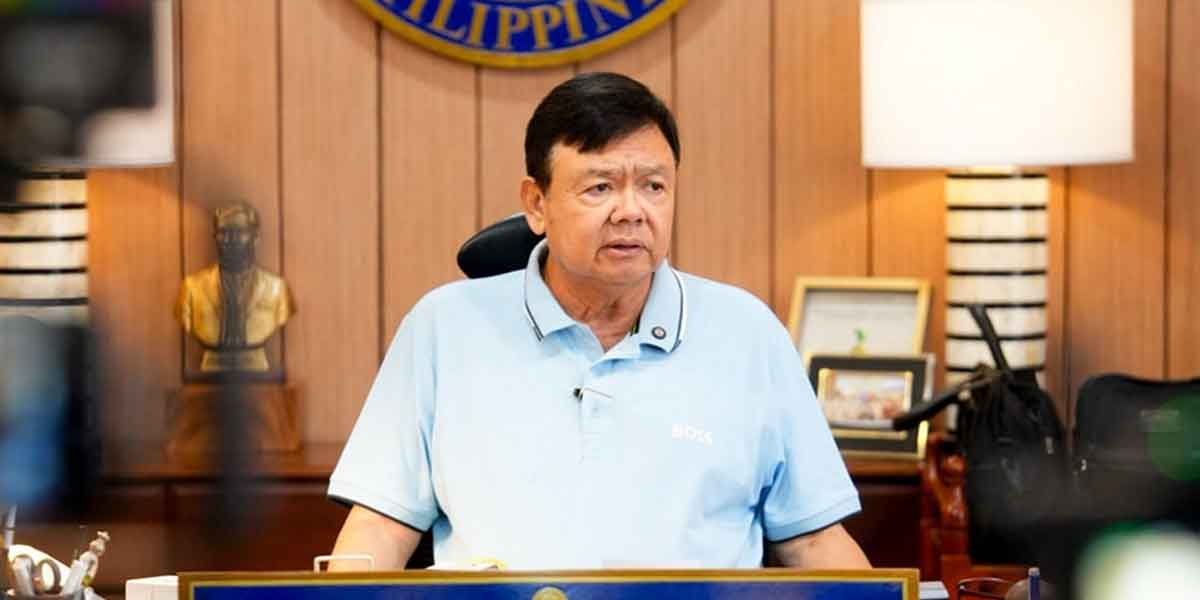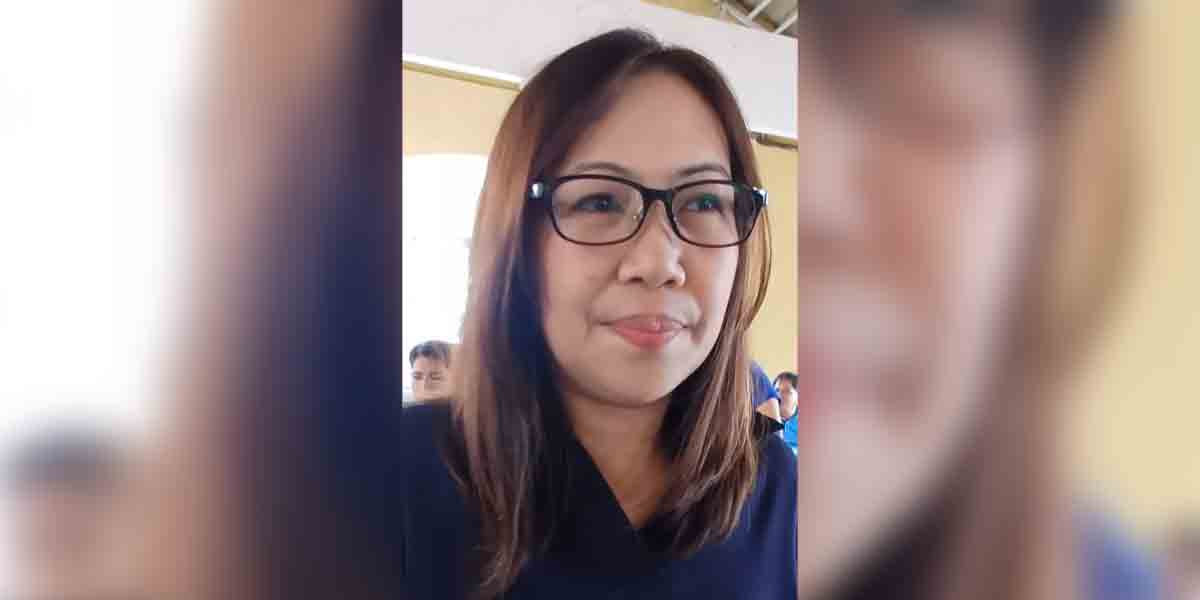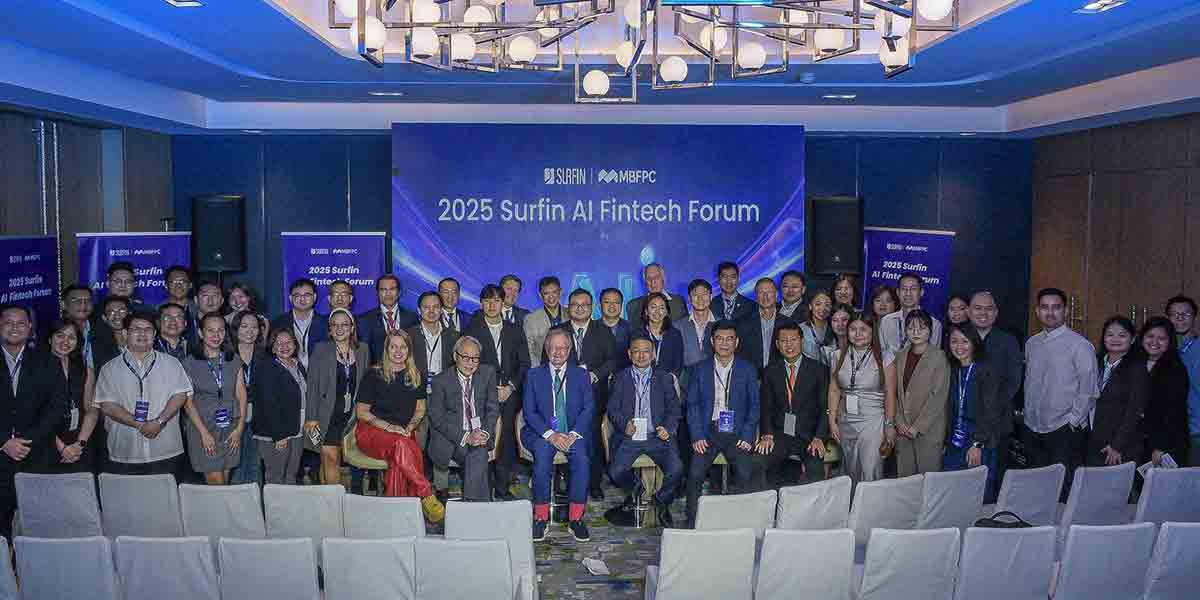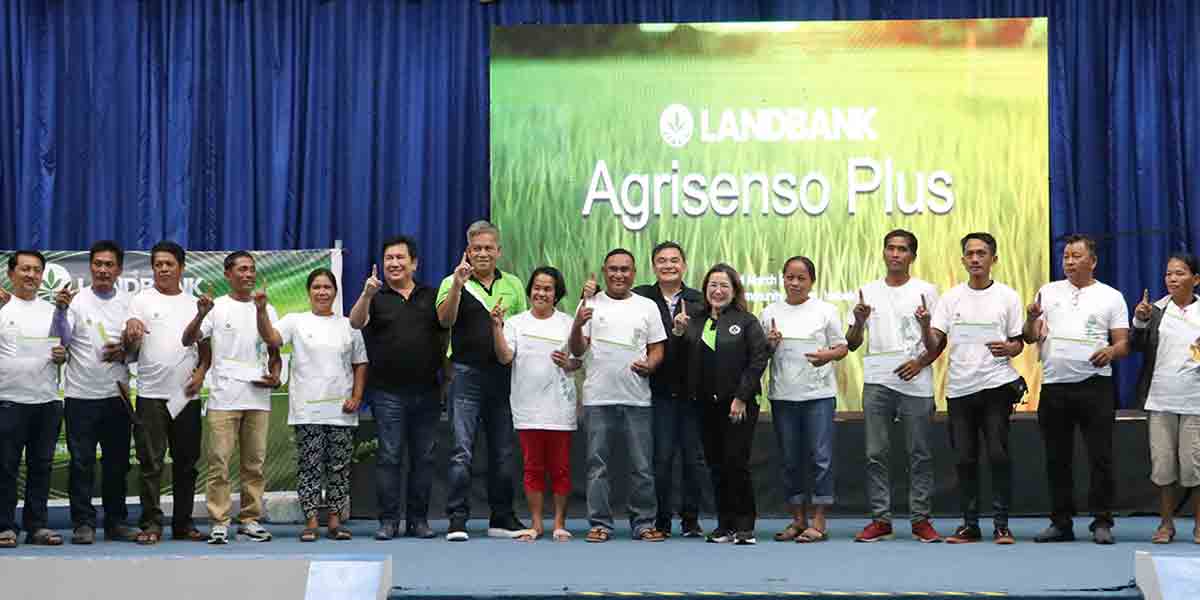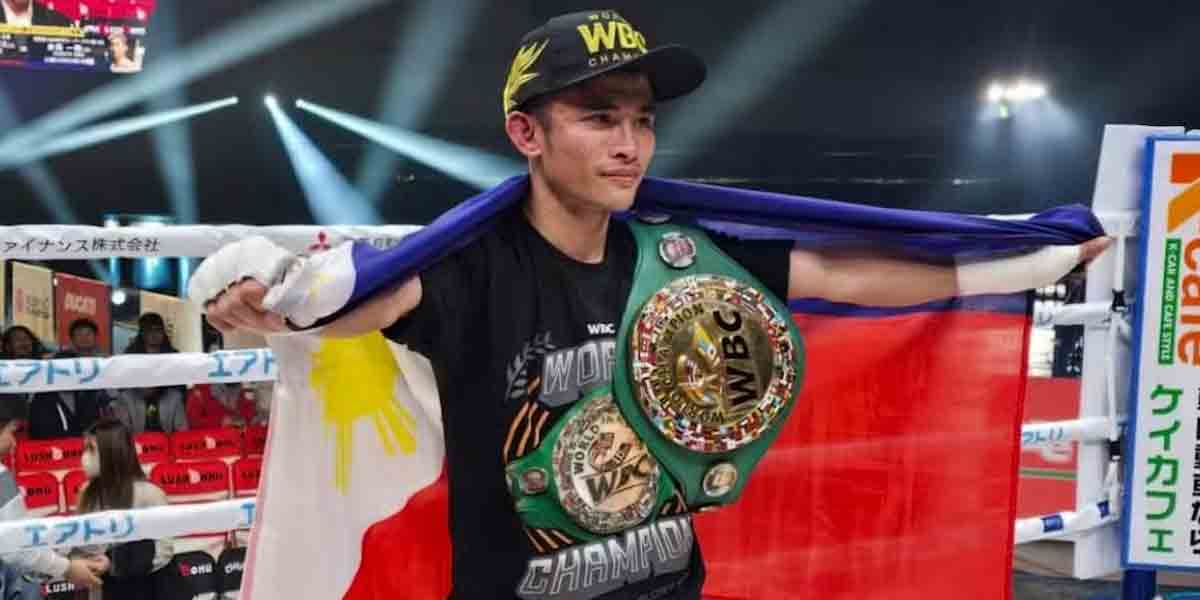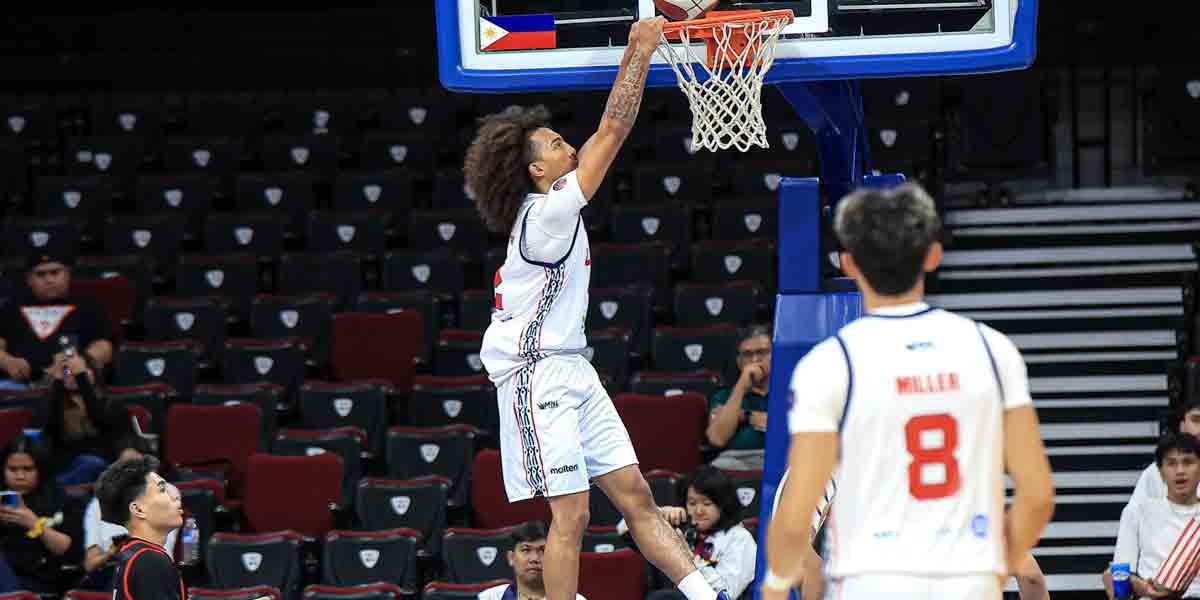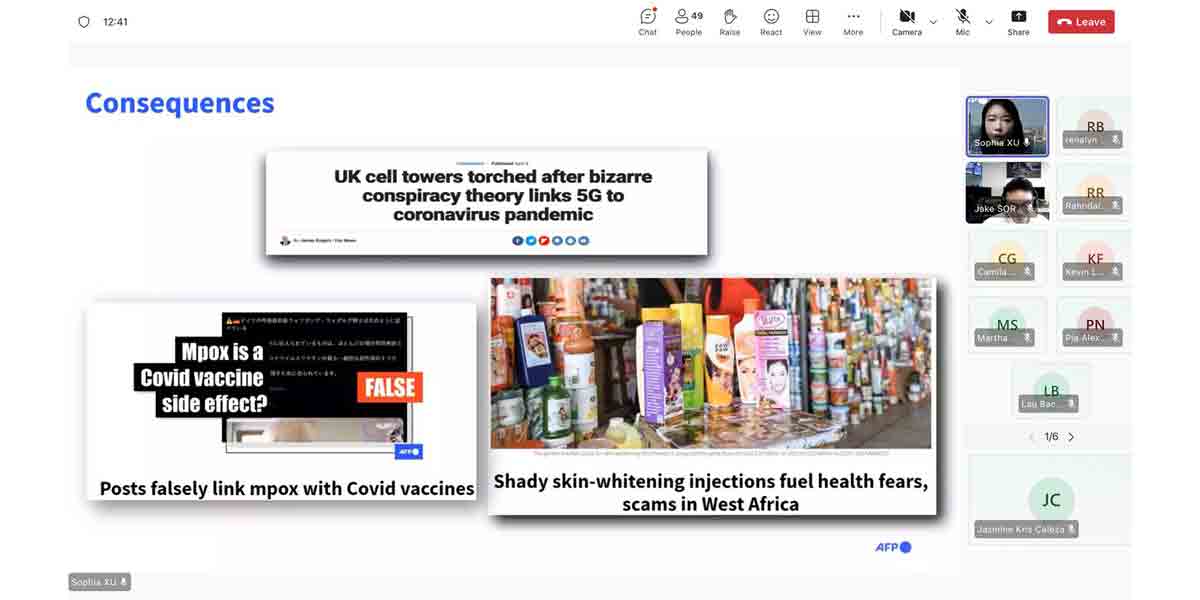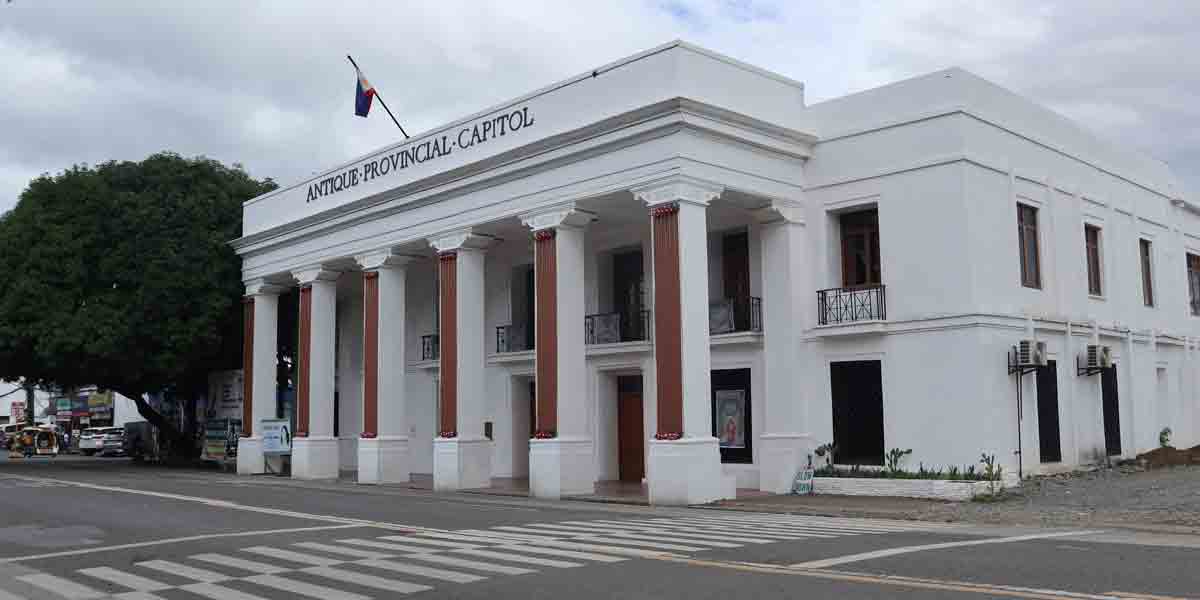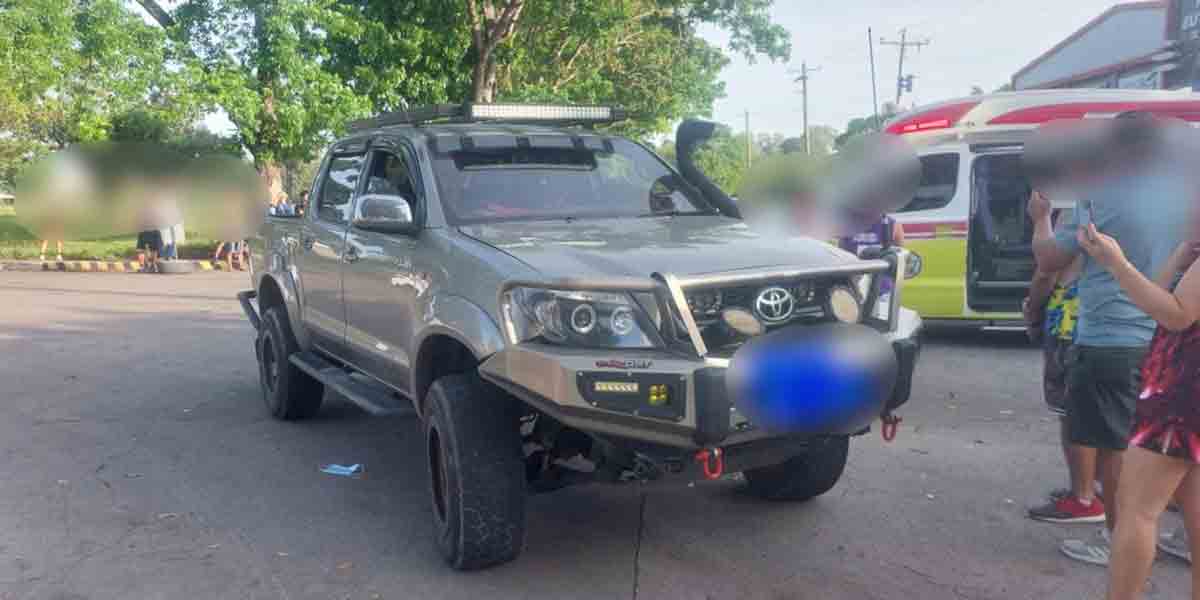
By Joseph B.A. Marzan
Iloilo City Mayor Jerry Treñas said he is interested in following the practices of Baguio City under Mayor Benjamin Magalong in preventing the spread of the coronavirus disease 2019 (COVID-19).
Magalong’s strategy includes aggressive contact tracing and disclosure of COVID-19 patients’ identities.
Treñas said in a press conference Thursday that he wants to equip more contact tracers in the city.
The mayor on Wednesday met with officials from the Philippine National Police and the Bureau of Fire Protection, who have been tapped to assist in contact tracing efforts.
“I want to be able to train all. Our target for contact tracing is 300 [people]. We currently have 60 [contact tracers], so we still have 240 to go,” Treñas said.
He also welcomed Interior and Local Government Secretary Eduardo Año’s mandate to implement “community contact tracing”, saying that the city has tapped the barangays for the purpose.
“Contact tracing team is already with the [Barangay Health Emergency Response Teams]. That’s why the other day, we were with [Barangay Health Workers] and barangay officials, because when we go to the barangays, they should be there to help us. The police and the [Bureau of Fire Protection] have also been ordered to come with us,” he said.
The mayor also said he was considering a mobile application which was presented to him on Wednesday.
“Yesterday, there was an app presented to us, which I think is doable, because it uses a QR code. So if you go to other places like the city hall, you can show your personal QR code. Of course, we will need ordinances in the city and the barangays,” he said.
He said that he will be asking the developers to present the app to the city council.
On Wednesday, Iloilo-based start-up ARKITEK presented its product QVID to Treñas.
According to the Department of Science and Technology, QVID is a contact tracing system for local government units with the use of QR Codes.
It introduces uniformity of simple and secured data gathering for end-users with or without smart phones by empowering barangay-based registration with the barrio system apps: barrio.citizen and barrio.council.
In normal times, QVID’s data backbone, barrio.system, is ideal for seamless delivery of public services to targeted constituents just like the objectives of the National ID System.
ARKITEK is focused on providing solutions based from existing laws in collaboration with government agencies and local governments.
But contact tracing apps are bugged with privacy concerns.
Contact tracing apps are designed to automate the process of tracking those who are likely to have been in contact with the virus. The basic principle is that they allow us to be tagged (or to tag ourselves) if we develop Covid-19 symptoms and test positive. The app then uses some form of positioning data (not necessarily location data), along with what it knows about who we have been in close proximity with, to warn those at risk of being infected that they should self-isolate and test. (https://www.forbes.com/sites/bernardmarr/2020/06/01/why-contact-tracing-apps-will-be-the-biggest-test-yet-of-data-privacy-versus-public-safety/#24baa5e14da2)
The issues raised against such applications are “the exact details of what data will be collected, what it will be used for, and who will have access to it.” Such fears could weaken the efficacy of the strategy as many individuals might refuse to use the application.
Regarding the disclosure of patients’ identities, Treñas said he was open to the idea, but was “worried” about possible discrimination against patients and their families.
In the past months, Magalong had been encouraging Baguio City residents who tested positive for SARS-CoV-2, which causes COVID-19, to “come out” for the protection of their fellow residents.
“I don’t have a problem with that, but you know that there is discrimination here. Maybe, eventually, we will be able to go beyond that, we will start disclosing to the public,” he said.


